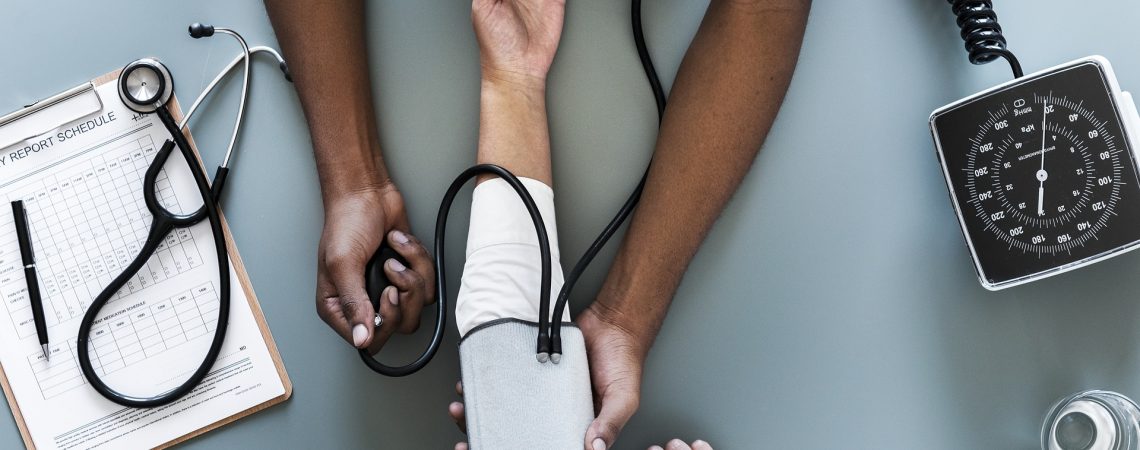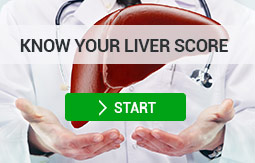What’s in this article
- What are liver stones?
- What causes liver stones?
- Signs and symptoms
- Treatment and prevention
What are liver stones?
These small stones are often developed when there is an excess of cholesterol in the body. When there is an excess of dietary cholesterol in the body, the remainder often crystallizes into small, pebble-shaped ‘stones’. Researchers at the University of Bonn in Germany found that this can also be hereditary. Liver stones are essentially the same as gallstones and the pain is often mistaken for gallstone pain. The only difference is that liver stones are located in the liver rather than the gallbladder.
What causes liver stones?
As mentioned before, the cause of liver stones is often from excess cholesterol, but they can also be formed for example, if your bile contains too much bilirubin. Chemically, liver stones and gallstones are the same, they are both formed by bile or gall which is produced by the liver and aids in digestions of fats in the small intestine. The most common place for gallstones to form is in the gallbladder because bile is concentrated more so than in the liver itself. Gallstones can form in the liver when the gallbladder has been removed or due to other circumstances.
Signs and symptoms
There are often no symptoms with gallstones in the liver, however, if you do experience symptoms they may manifest as the following:
- upper belly and upper back that can last for several hours
- nausea
- vomiting
- other digestive problems, including bloating, indigestion and heartburn, and gas.
Diagnosis
If your doctor suspects that you may have liver stones then they may suggest an ultrasound or a liver function test to make a diagnosis. A liver ultrasound only takes around 30 minutes and is completely non-invasive. A liver function test is slightly invasive in that it consists of several blood tests to measure the AST and ALT levels of your blood. Once the results are back your doctor will be able to confirm the outcome or they may decide to send you for some more tests if these were inconclusive.
Treatment and Prevention
In order to prevent gallstones and liver stones, it is important to eat regularly and not skip meals. You should also stick to a healthy diet and ensure you get enough exercise. If you are overweight then it is important to lose weight and reduce the number of calories that you eat. If you are trying to lose weight this should not be done too quickly, rapid weight loss increases the risk of developing gallstones or liver stones.
Find out more about liver health with Dr. Tarek Hassanein, M.D.
References
Uni-bonn.de
Mayo Clinic
Cochrane.org

 (442) 244-5115
(442) 244-5115















